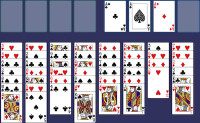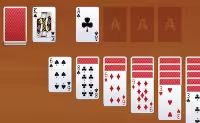 Cafe Solitaire
Cafe Solitaire
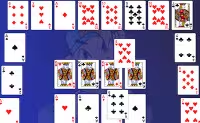 Crescent Solitaire 2
Crescent Solitaire 2
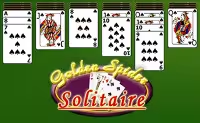 Golden Spider Solitaire
Golden Spider Solitaire
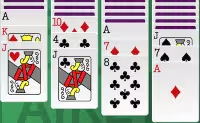 Card Solitaire
Card Solitaire
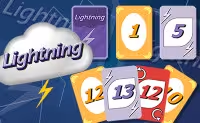 Lightning Cards
Lightning Cards
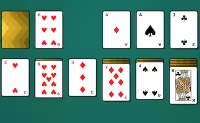 Master Solitaire
Master Solitaire
 Uno
Uno
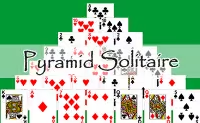 Pyramid Solitaire
Pyramid Solitaire
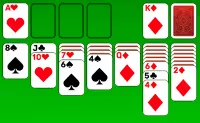 Solitaire Classic
Solitaire Classic
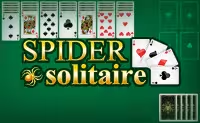 Spider Solitaire
Spider Solitaire
 Solitaire Story Tripeaks 4
Solitaire Story Tripeaks 4
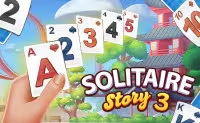 Solitaire Story - TriPeaks 3
Solitaire Story - TriPeaks 3
 Solitaire Farm Seasons 4
Solitaire Farm Seasons 4
 Solitaire Farm Seasons 3
Solitaire Farm Seasons 3
 Solitaire Quest Pyramid
Solitaire Quest Pyramid
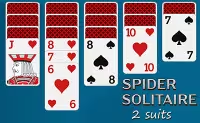 Spider Solitaire 2 Suits
Spider Solitaire 2 Suits
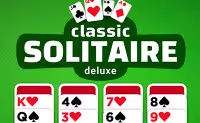 Classic Solitaire Deluxe
Classic Solitaire Deluxe
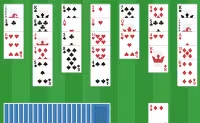 Golf Solitaire
Golf Solitaire
 Geometry Arrow
Geometry Arrow
 Fireboy and Watergirl 1: Forest Temple
Fireboy and Watergirl 1: Forest Temple
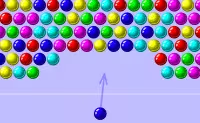 Bubble Shooter
Bubble Shooter
 Moto X3M
Moto X3M
 Mahjong Connect
Mahjong Connect
 Geometry Arrow 2
Geometry Arrow 2
 Love Tester 3
Love Tester 3
 Impostor
Impostor
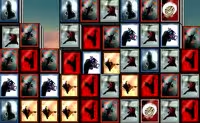 Gorillaz Tiles
Gorillaz Tiles
 Love Tester
Love Tester
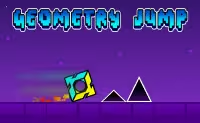 Geometry Jump
Geometry Jump
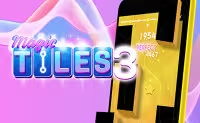 Magic Tiles 3
Magic Tiles 3
 Wheelie Bike
Wheelie Bike
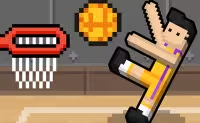 Basket Random
Basket Random
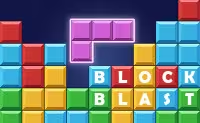 Block Blast
Block Blast
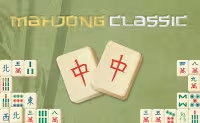 Mahjong Classic
Mahjong Classic
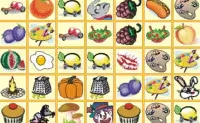 Kris Mahjong
Kris Mahjong
 Butterfly Kyodai
Butterfly Kyodai
 Treasures of the Mystic Sea
Treasures of the Mystic Sea
 Pet Connect
Pet Connect
 3D Free Kick World Cup 18
3D Free Kick World Cup 18
 Helix Jump
Helix Jump
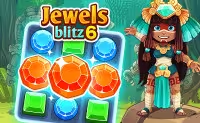 Jewels Blitz 6
Jewels Blitz 6
 Secret Office Kissing
Secret Office Kissing
 Fireboy and Watergirl 2: Light Temple
Fireboy and Watergirl 2: Light Temple
 Slither.io
Slither.io
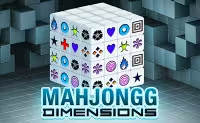 Mahjong Dimensions
Mahjong Dimensions
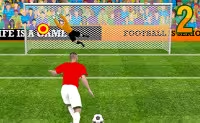 Penalty Shooters 2
Penalty Shooters 2
 Jewels Blitz 5
Jewels Blitz 5
Free Cell Solitaire
Free Cell Solitaire is an open card game. That is to say, it’s a card game in which all the cards are turned face up. You’ll have to look carefully at the order of the cards and strategically sort them by number and suit. The objective is to find the aces and move all of the cards to the four foundation piles in ascending order.
Free Cell Solitaire Rules - How do you set up the tableau?
This tactical thinking game is played using a single deck of 52 playing cards. The cards are dealt face up, and are divided into eight columns. The whole deck is used to form the tableau, meaning that there are no cards left to form a stockpile.
How to play Free Cell Solitaire?
The aim is to remove all of the cards and sort them by suit and number. Within the tableau, you can pick up cards or sequences of cards. Stack the cards in descending order (king-queen-jack-10-9-8-7-6-5-4-3-2-ace) while alternating the red and the black cards. Within the tableau, the suit doesn’t matter.
Above the tableau, you’ll see eight empty cells: four on the left outlined in green, and four on the right outlined in blue. The blue cells are the foundation piles. Find the Aces and place them here to start removing the cards by suit and in ascending order from Ace to King.
The green cells are your free cells. These cells are very important when it comes to moving around the cards in the tableau. You can use these cells to store up to four cards from the tableau you currently do not have a use for.
While this allows you to move certain cards out of the way, placing cards in your free cells will also limit your moves. If one cell is occupied you can only move a sequence of four cards within the tableau. For each additional card occupying a free cell, the number of cards you can move within the tableau goes down by one. When all free cells are occupied, you can move only a single card at a time.
Free Cell Solitaire Rules - No Undo Option
Many versions of FreeCell have an undo option, allowing players to reverse one or more moves, or even reset the entire round. This game does not, which makes it more difficult to complete. Removing the undo option really forces players to think carefully about every move. Find out if you can play a flawless round!
What is the history of Freecell Solitaire?
FreeCell is a relatively recent game, formally created by Paul Alfille in the 1970s. It’s based on an older game called Eight Off, which is very similar to FreeCell, except that the cards are built by suit in the tableau, instead of by alternating the red and black cards. This older version is now often called Baker’s Game.
While a medical student at the University of Illinois, Alfille decided to program the game in TUTOR programming language using the school’s PLATO computer system, which allowed him to create simple monochrome renditions of playing cards. Alfille’s version also allowed players to create 4 to 10 columns instead of 8, and make the game easier or harder with 1 to 10 free cells.
The standard version of FreeCell we know today only became more widely known in 1995, when it was popularized by Windows as a standard feature included in the Windows operating systems.
Who made Free Cell Solitaire?
This edition of the game was created by Arkadium.

